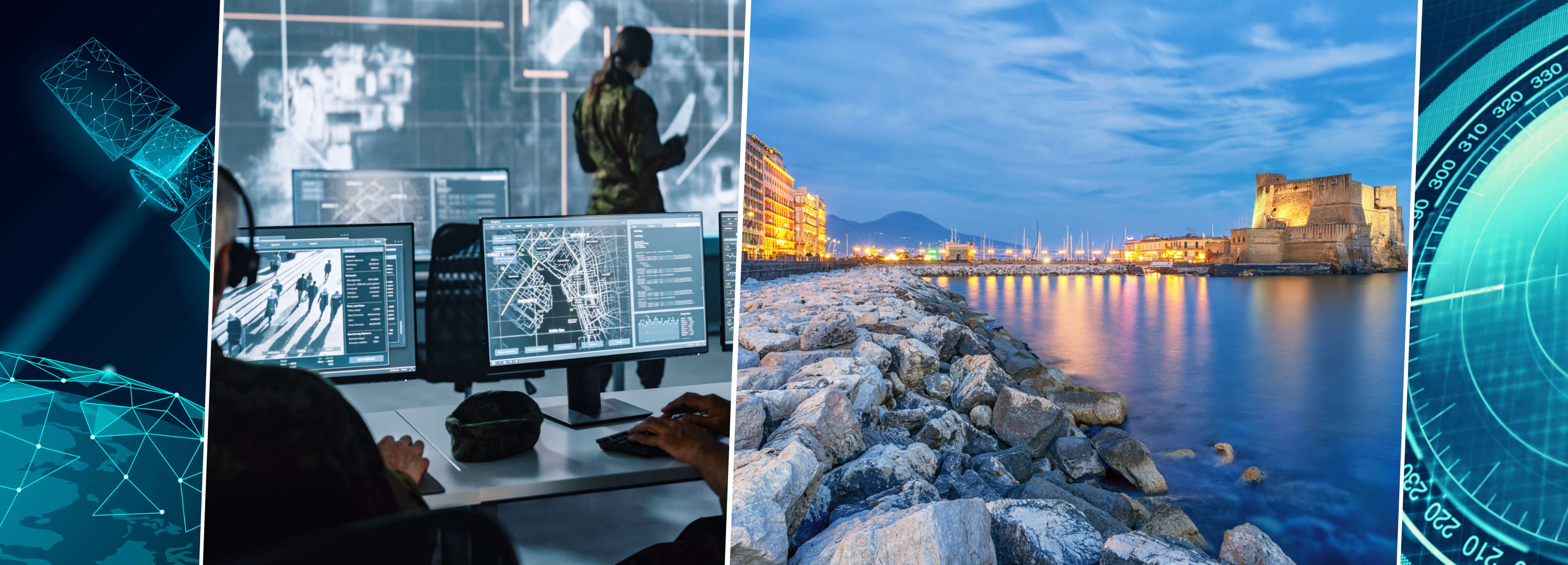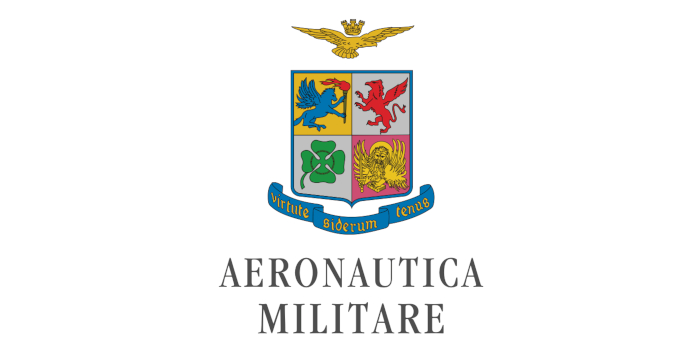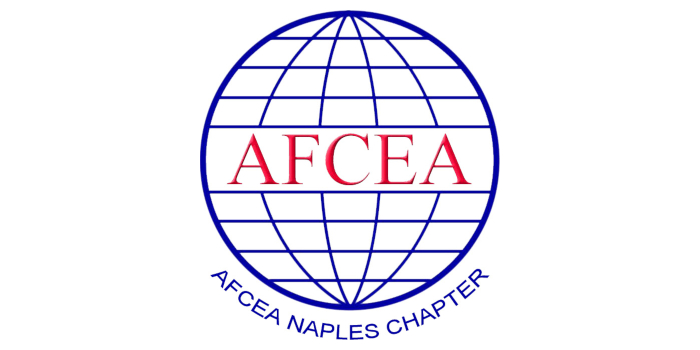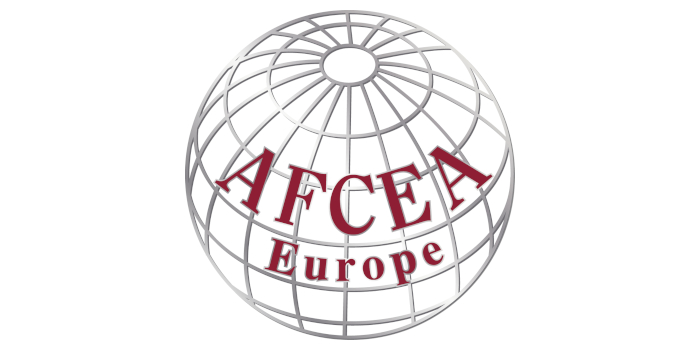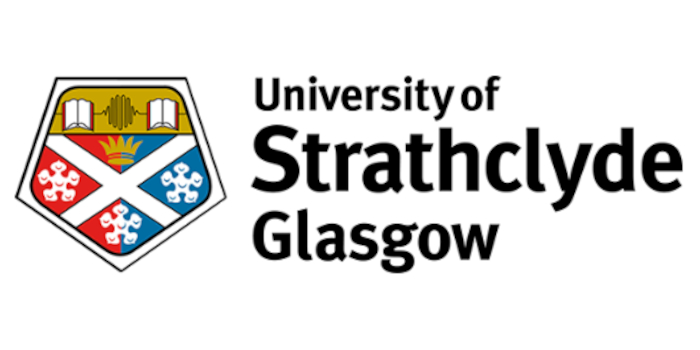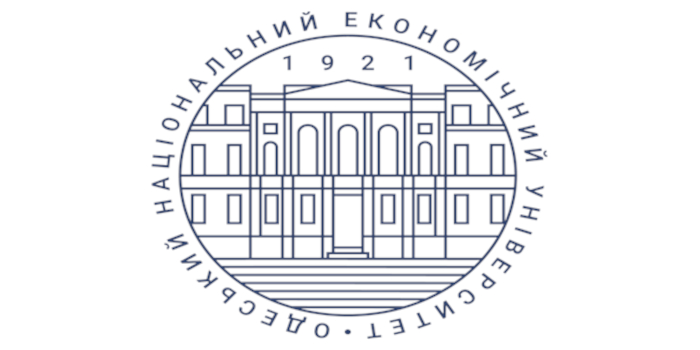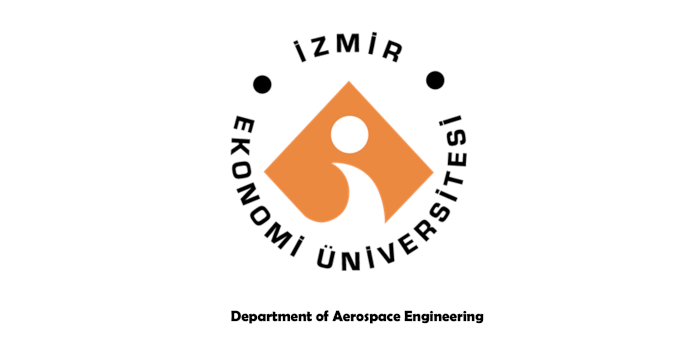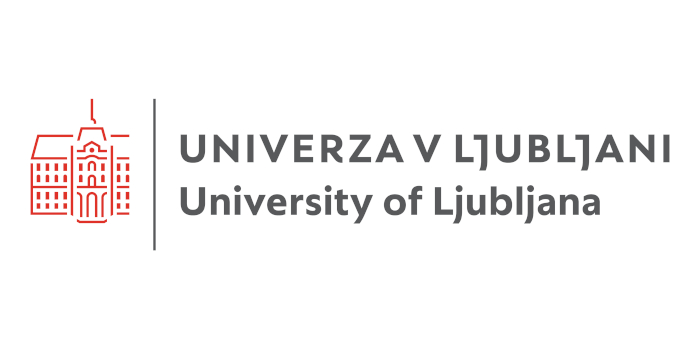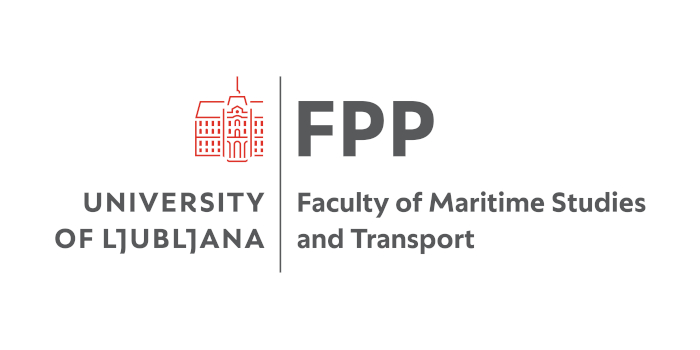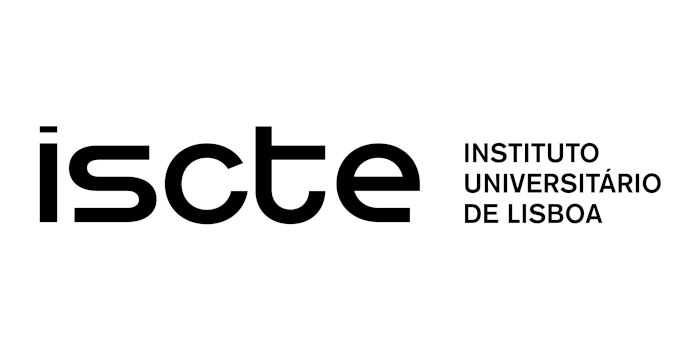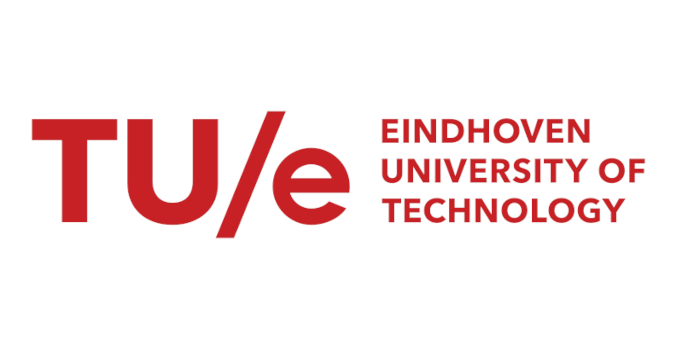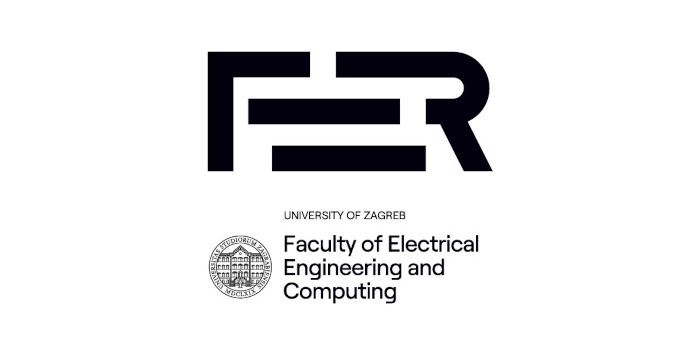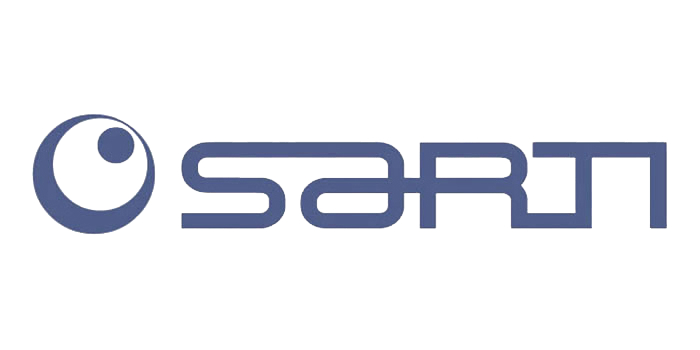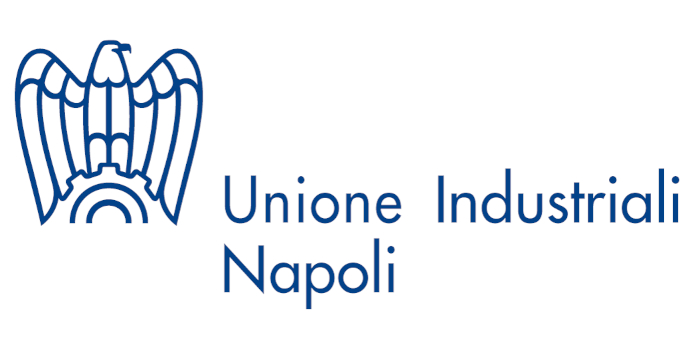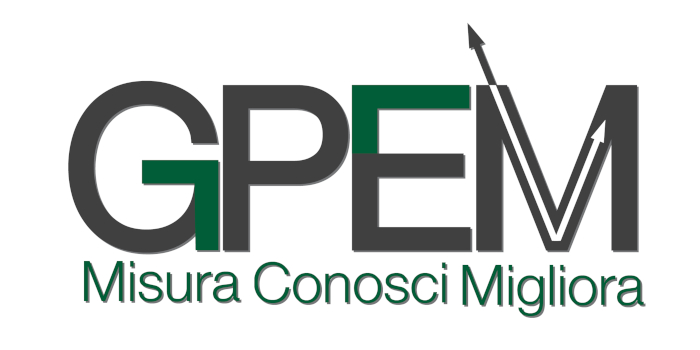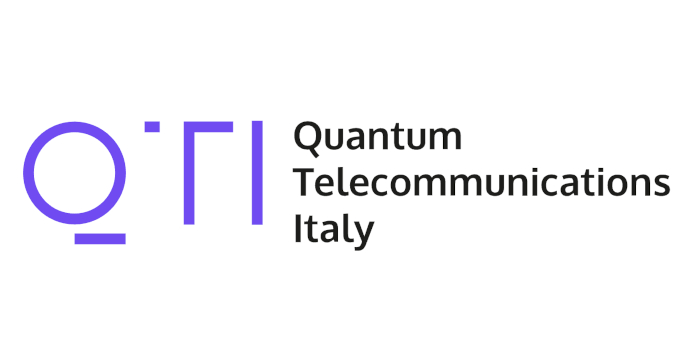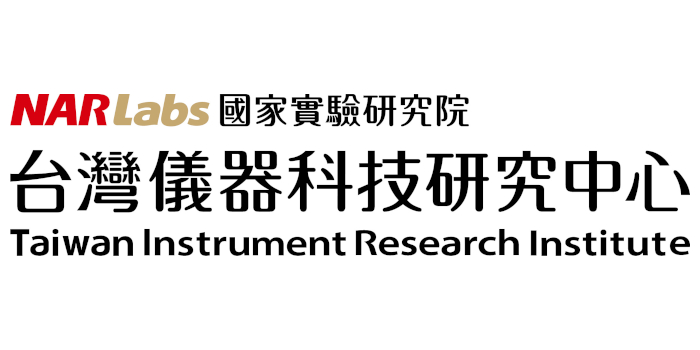ROUND TABLE
Autonomous Weapons and Human Responsibility: Legal, Ethical and Political Perspectives on Artificial Intelligence in Defense
Autonomous weapon systems, capable of selecting and attacking targets without human intervention, raise pressing ethical, legal, and political issues. These warfare technologies could address the need to minimize casualties and losses in combat among military and civilians but implicitly encourage or legitimize the use of force as a means of conflict resolution. The deployment of such systems might even influence tendencies toward belligerent or hazardous attitudes, potentially altering both the concept and moral reality of war itself.
While these systems currently feature an operational framework requiring human operators for control, in the foreseeable future automated solutions may become fully autonomous, with the risk of failing to distinguish civilians or recognize intentions to surrender or participate in conflict.
In the face of these scenarios, binding positions from States are still lacking, with the exception of some recent declaratory UN documents (2023). Meanwhile, existing Conventions, such as the Geneva Convention and its Protocols, remain applicable, albeit within a context markedly different from that envisioned at the time of their adoption.
The roundtable aims to foster reflection on these issues through an interdisciplinary dialogue, beginning from the historical roots of international humanitarian law. It will address the potential subjectivity of autonomous weapon systems, the decision-making responsibility of humans, and the application of principles such as the proportionality of military actions, also from the perspectives of the relevant stakeholders, such as organizations operating in war zones.
ORGANIZED BY
Ilaria Amelia Caggiano
Professor of Private Law and New Technologies Law, Department of Law and Economics, Suor Orsola Benincasa University of Naples
Lt. Col. Umberto Montuoro
Italian Air Force

